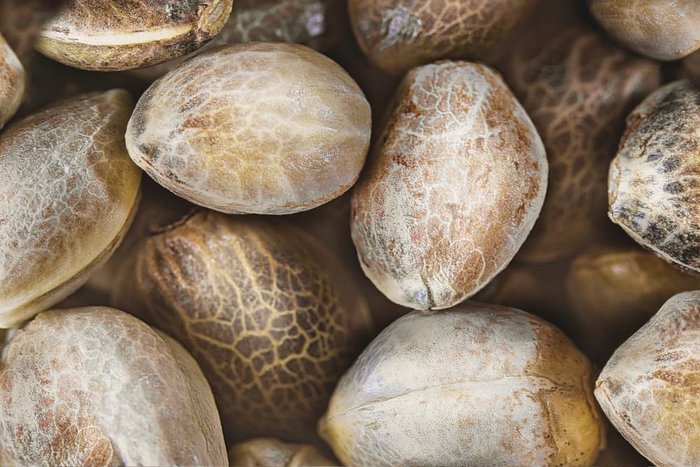
Summary:
In the realm of sustainable agriculture, an unforeseen player has emerged, bringing with it a myriad of alternatives and opportunities—the humble hashish seed. Typically connected with recreational and medicinal use, cannabis seeds are now attaining interest for their prospective position in promoting sustainability in agriculture. In additional hints , we’ll discover how cannabis seeds can add to sustainable farming tactics, from soil health to resource efficiency.
Nutrient-Prosperous Soil Amendment:
Cannabis plants are recognized for their capability to thrive in a selection of soil conditions. Their deep root techniques increase soil composition and encourage aeration, which can be specially helpful for crops that comply with in their footsteps. Moreover, cannabis crops are effective nutrient accumulators, absorbing excess vitamins from the soil. When these crops are harvested, the nutrient-wealthy leaves and stems can be returned to the soil as natural make a difference, enriching it obviously and lessening the require for artificial fertilizers.
Biodiversity and Companion Planting:
In sustainable agriculture, retaining biodiversity is crucial for ecosystem equilibrium. Cannabis plants can enjoy a part in this by serving as companion plants. Their unique compounds, such as terpenes, can act as organic pest deterrents, protecting neighboring crops from destructive bugs. Integrating hashish into a varied planting plan can lead to a far more resilient and self-sustaining ecosystem, minimizing the reliance on chemical pesticides.
Carbon Sequestration:
As the globe grapples with the problems of weather modify, the great importance of carbon sequestration in agriculture are unable to be overstated. Cannabis crops are renowned for their fast expansion and superior carbon uptake through photosynthesis. By incorporating cannabis into crop rotations, farmers can contribute to carbon sequestration, mitigating the impacts of greenhouse gas emissions. This tactic aligns with sustainable farming practices aimed at setting up much healthier, carbon-prosperous soils.
H2o Effectiveness:
H2o shortage is a urgent challenge in agriculture, prompting the need for h2o-efficient crops. Cannabis vegetation exhibit a outstanding means to thrive in varied climates with varying drinking water availability. Their deep roots allow them to obtain water from deeper soil levels, reducing competitors with shallower-rooted crops. By strategically integrating hashish into farming programs, especially in areas facing drinking water issues, farmers can enhance drinking water use and boost sustainable water management tactics.
Regenerative Farming Methods:
Regenerative agriculture focuses on restoring and improving the wellbeing of the soil ecosystem. Cannabis, with its flexible and resilient mother nature, can be a critical player in regenerative farming. The cultivation of cannabis using regenerative techniques, this sort of as minimal tillage and deal with cropping, can enable prevent soil erosion, boost h2o retention, and enhance in general soil fertility. This holistic tactic to farming aligns with the ideas of sustainability, making certain the extended-phrase wellness and efficiency of the land.

Summary:
In the evolving landscape of sustainable agriculture, hashish seeds are emerging as a beneficial source for farmers looking for ground breaking and eco-friendly alternatives. From soil well being to h2o performance, the various attributes of cannabis vegetation give a multifaceted solution to addressing the challenges faced by fashionable agriculture. As we carry on to check out the potential of hashish seeds in sustainable farming techniques, it gets obvious that this unassuming seed may well hold the vital to a greener, a lot more resilient foreseeable future for our planet’s food items manufacturing.